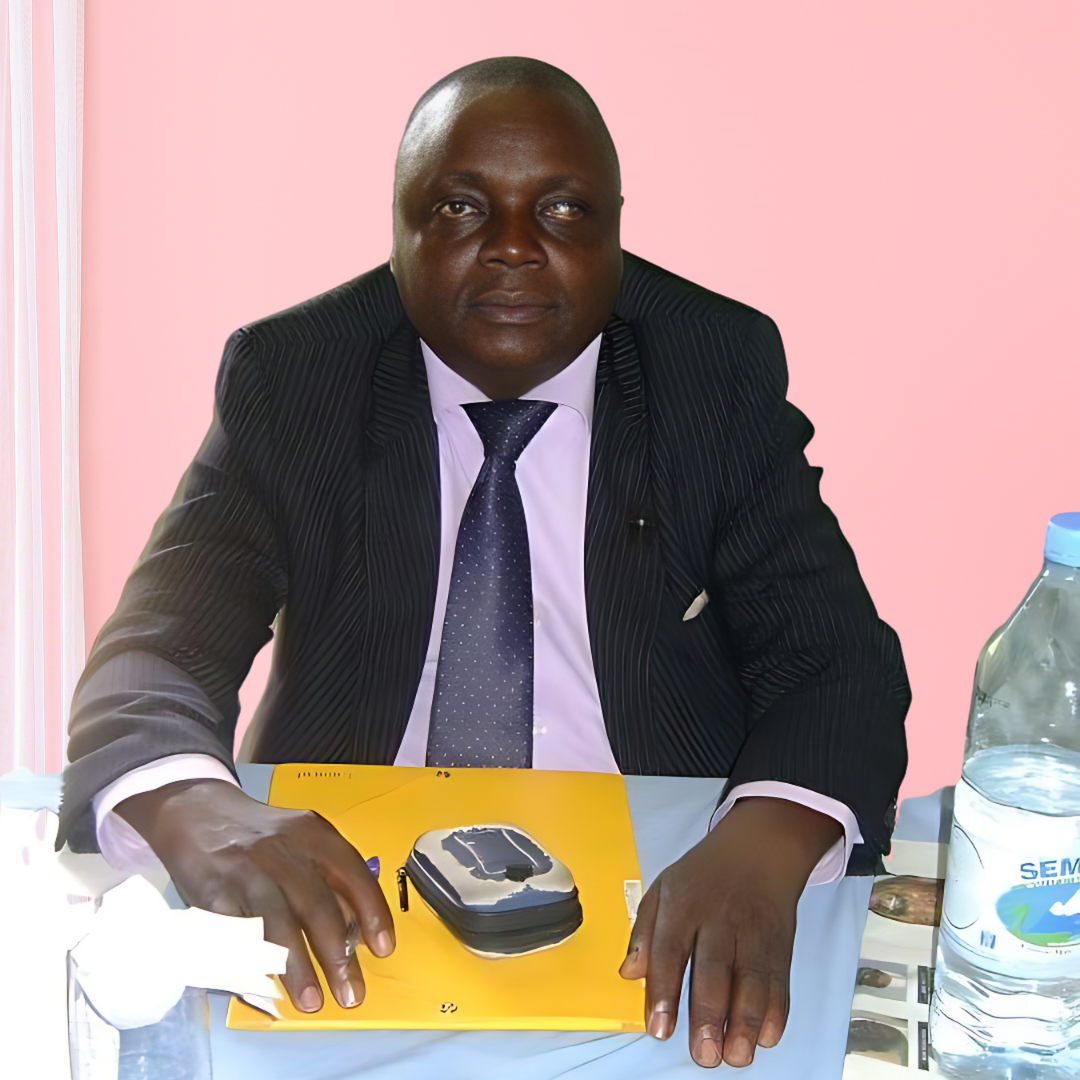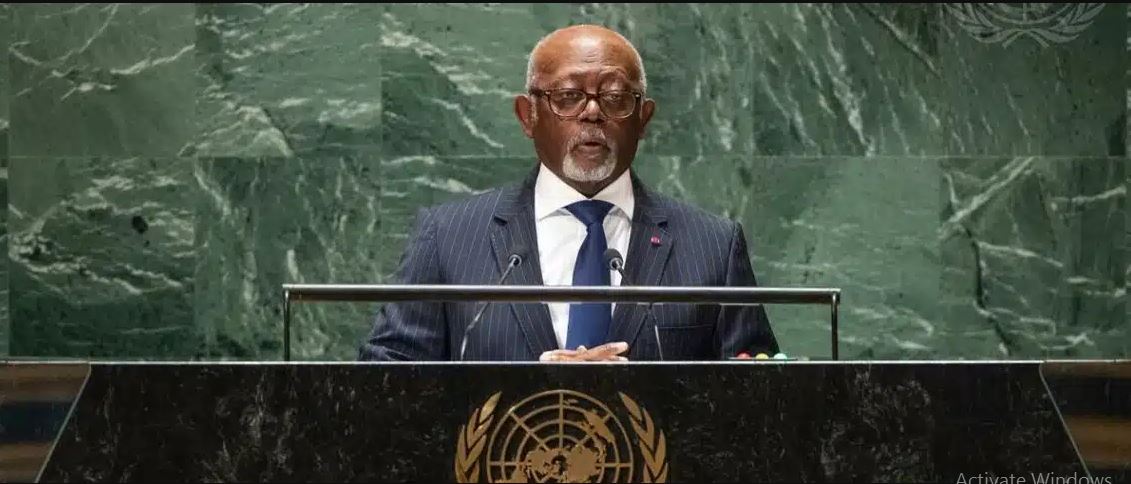President Paul Biya believes it is essential to promptly reform the United Nations Security Council to address the escalating conflicts worldwide. Minister Lejeune Mbella Mbella delivered President Biya’s proposal during the 79th session of the United Nations General Assembly.
The United Nations Security Council, established in 1945, has long been a subject of debate regarding its structure and the equitable representation of its member states. Recently, President Paul Biya of Cameroon has joined the chorus of voices calling for reform within this pivotal body of the UN. The call for reform is not a new sentiment but reflects a growing urgency among nations, particularly those in Africa, which remain unrepresented as permanent members of the Security Council.
President Biya’s proposal, delivered by Minister Lejeune Mbella Mbella during the 79th session of the United Nations General Assembly, underscores the need for swift action to address the increasing number of conflicts worldwide. The Cameroonian leader emphasizes that reforming the Security Council is essential to ensure it continues to fulfill its mandate as the principal organ for maintaining international peace and security.
The core of President Biya’s reform proposal involves expanding the number of permanent members to include representatives from underrepresented continents, especially Africa. This expansion is deemed necessary to correct the longstanding imbalance where Africa, to this day, does not have a permanent member on the Council. President Biya advocates for the allocation of two permanent seats with veto power to African nations, along with two additional non-permanent seats, to ensure fair representation and address this historical injustice.
The significance of this proposal is amplified by the support it garners from several African nations and other global powers. The United States, for instance, has expressed support for opening two permanent seats for Africa. South Africa, as a leading economic power on the continent, is one of the strongest candidates for a permanent seat with veto power on the UN Security Council.
The debate on Security Council reform also extends to the Summit of the Future, a high-level meeting accompanying this year’s General Assembly. Progress on this issue has been described as the most concrete agreement on Security Council reform since the 1960s, despite opposition from certain nations.
The call for reform is a reflection of the broader desire for a more just and equitable structure of international relations. It resonates with the need to strengthen multilateralism through solidarity and to provide the UN with the resources necessary to manage our “common home.” President Biya’s stance on this matter is clear: the reform of the Security Council remains a topical and pressing issue that requires collective action and firm commitment.
As the world watches the developments at the UN, the conversation about Security Council reform continues to gain momentum. It is a conversation that not only addresses the representation of member states but also the very efficacy of the UN in fulfilling its role in maintaining global peace and security. The outcome of this debate could shape the future of international diplomacy and the role that nations like Cameroon play on the global stage. For more detailed information on this topic, you can refer to the sources provided throughout this post.
Also read: The Call for UN Security Council Reform: A Reflection of Global Dynamics
The Urgent Need for UN Security Council Reform: President Paul Biya





